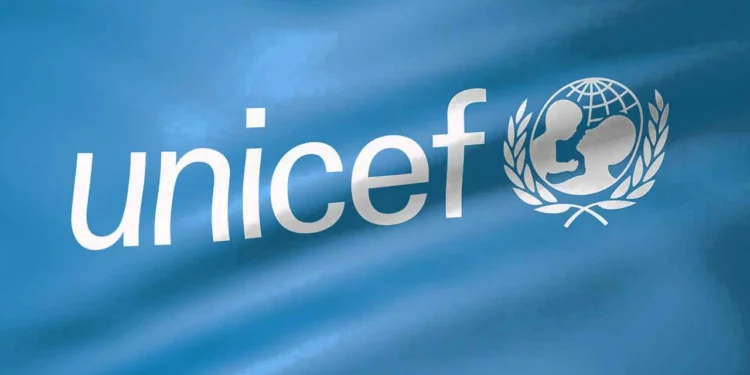The United Nations Children’s Fund (UNICEF) on Thursday said it has trained 330 school girls in 93 schools across the three North-East states of Borno, Adamawa and Yobe on menstrual hygiene management.
The UNICEF WASH Manager in Borno, Mamita Bora Thakkar who disclosed this to Journalists in Maiduguri during a briefing in commemoration of World Hygiene Day, added that the organisation has equally distributed 94,000 dignity kits to 94,000 girls and women between 2023 and 2024 in the Boko Haram ravaged states.
Thakkar said menstrual health management is close to the heart of everyone as much as it is to UNICEF especially for daughters, nieces, wives and sisters.
The UNICEF WASH Manager said the Fund will support these sets of people to safely manage their menstrual health and hygiene that they can focus on their ambitions and responsibilities.
“Menstrual Hygiene management (MHM) is a multi- faceted issue and evidence compels us to consider that there is pressing need to address it in a holistic manner, engaging not only women and girls, but also the environment that surrounds and impact them.
“Menstrual Hygiene is an issue that every woman and girl must deal with once she enters adolescent. Good management therefore requires access to appropriate information, materials and facilities without which females suffer from poor menstrual experience, diminished self- confidence and underachievement in education and well-being.
She noted unfortunately that the taboo surrounding menstruation in the society prevents girls and women from articulating their needs, and the problems arising due to menstrual health and hygiene management have been ignored or misunderstood.
Thakkar further warned that poor menstrual hygiene can pose physical health risks, and has been linked to reproductive and urinary tract infections, adding that many girls and women have limited options for affordable menstrual materials.
She said UNICEF has been promoting use of recycling menstrual pads in schools while stressing that girls and women trained by UNICEF on menstrual hygiene management can produce recycling menstrual pads which could be used and washed, thereby making it affordable for users.



